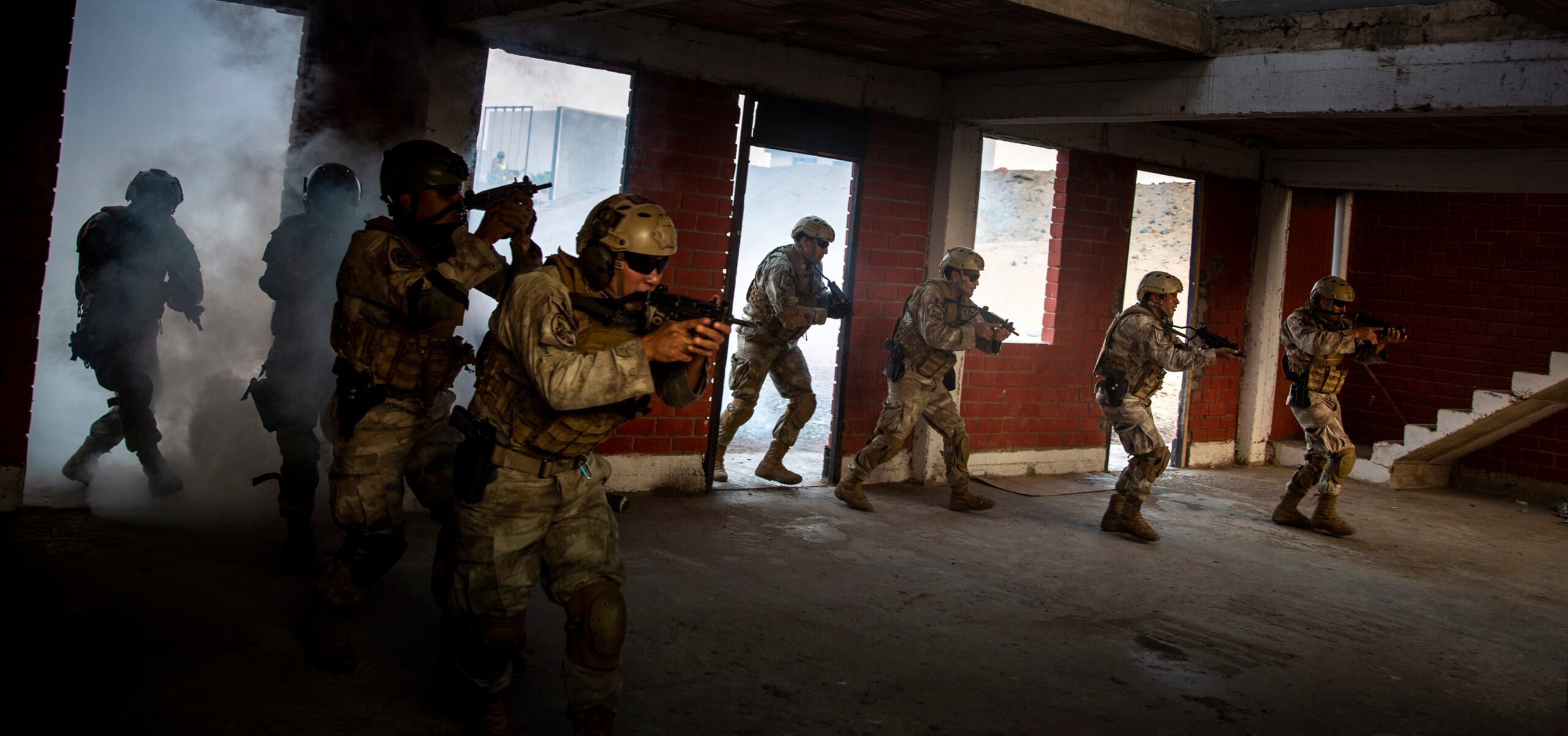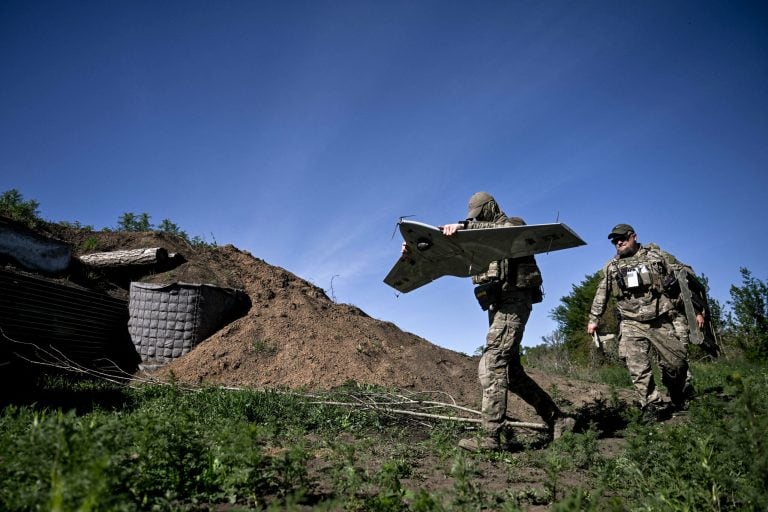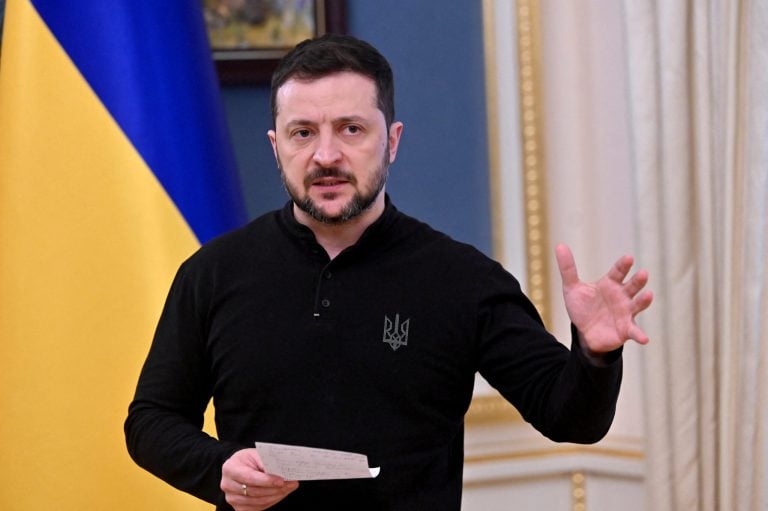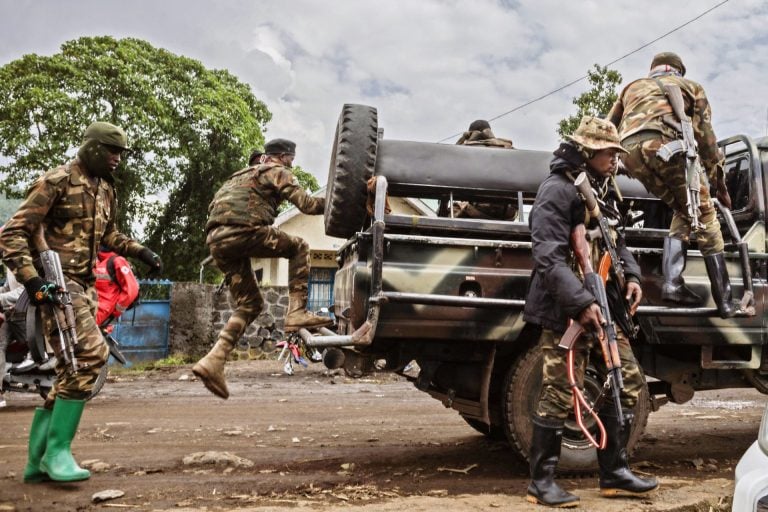In a bold move to combat escalating violence linked to drug trafficking, Ecuador has announced plans to request assistance from “allied countries” for the deployment of special forces. This decision comes as the nation grapples with an alarming surge in homicide rates attributed to fierce turf battles among powerful drug gangs.
The Ecuadorian presidency made the announcement, emphasizing the need for international cooperation to tackle organized crime effectively. While the specific nations being sought for assistance were not disclosed, the government intends to bolster the capabilities of both the armed forces and national police to address the rampant criminal activities that have taken hold of the country.
Ecuador, which is situated between the largest cocaine producers in the world, Peru and Colombia, is currently home to an estimated 20 criminal gangs. These groups are implicated in a range of violent crimes, including drug trafficking, kidnapping, and extortion, and their operations have wreaked havoc in a nation of approximately 18 million people.
The rise of transnational drug cartels has transformed Ecuador into a significant conduit for the shipment of cocaine to markets in the United States and Europe. As a result, the country’s homicide rate has skyrocketed. Data shows that the homicide rate increased from six per 100,000 inhabitants in 2018 to a staggering 47 per 100,000 in 2023.
In response to the crisis, President Daniel Noboa initiated a state of emergency, accompanied by a military crackdown that has reportedly brought the homicide rate down to 38 per 100,000 in the previous year. Noboa, who has been in office since November 2023, is currently campaigning for re-election, facing a runoff in April after a tightly contested first round against rival Luisa Gonzalez.
Ecuador’s appeal for international military support underscores the severity of the situation, highlighting the growing influence of organized crime and the need for a coordinated global response to combat the escalating violence that continues to disrupt daily life in the country.







